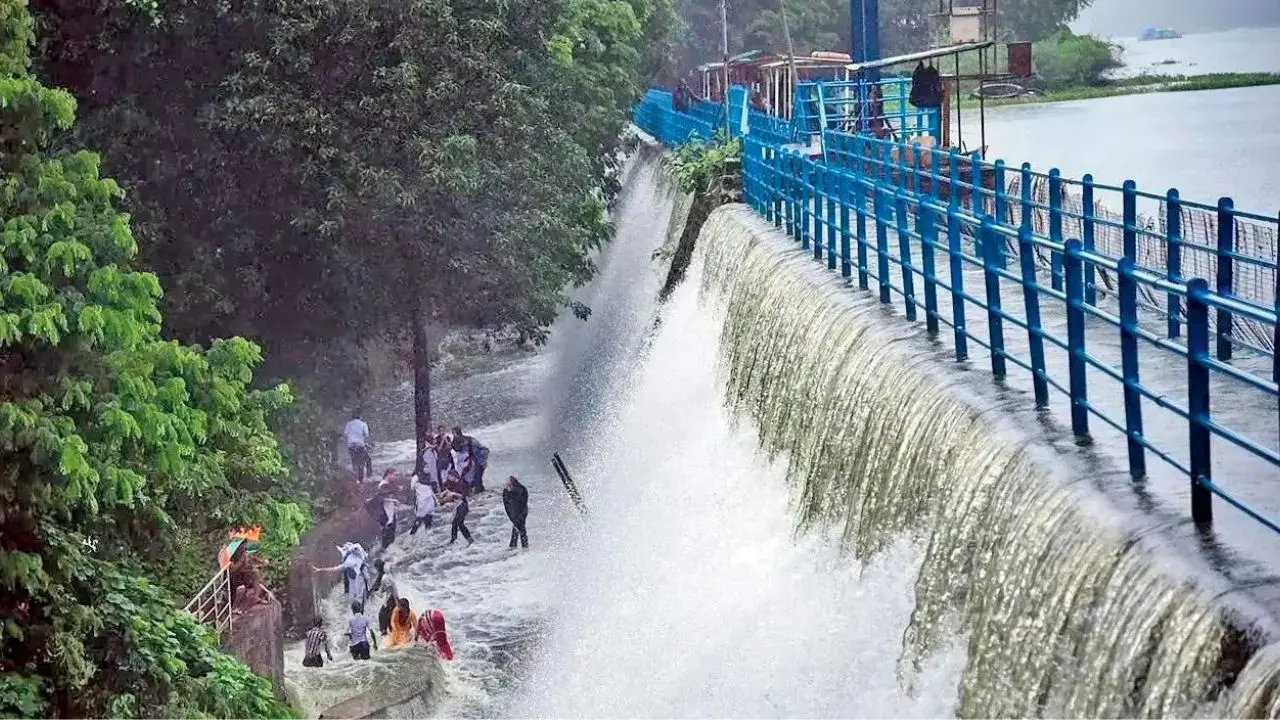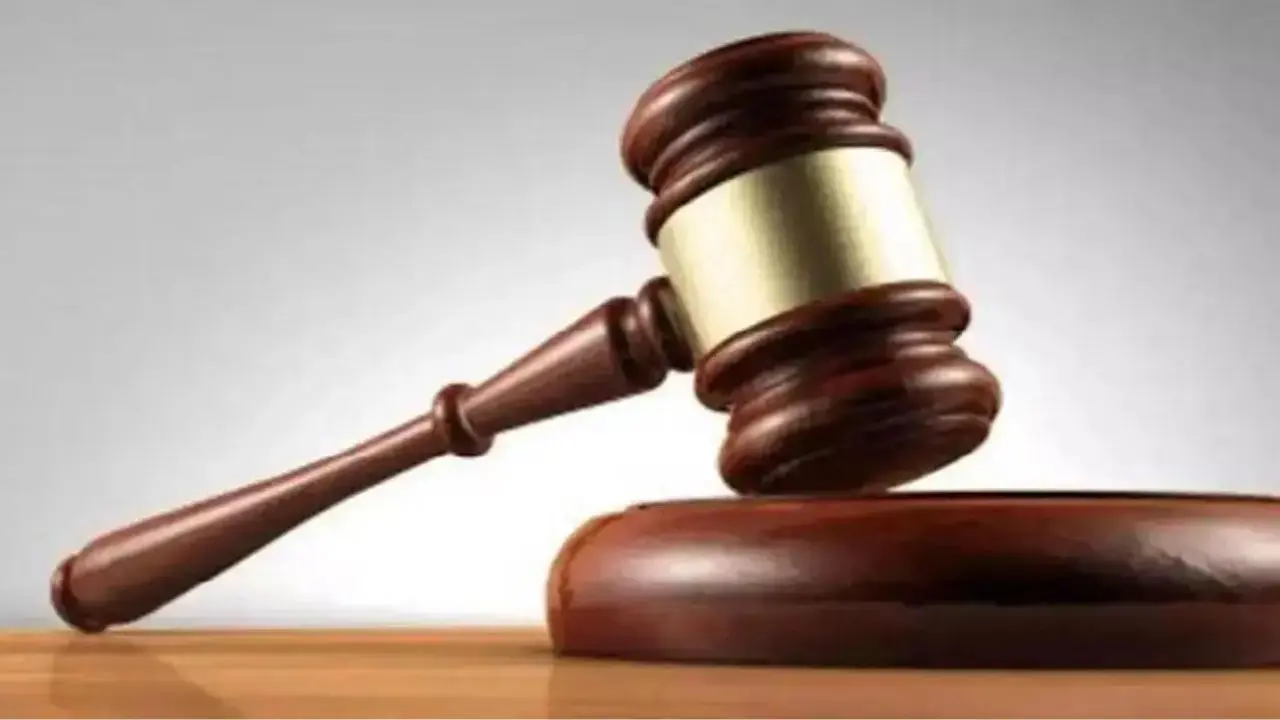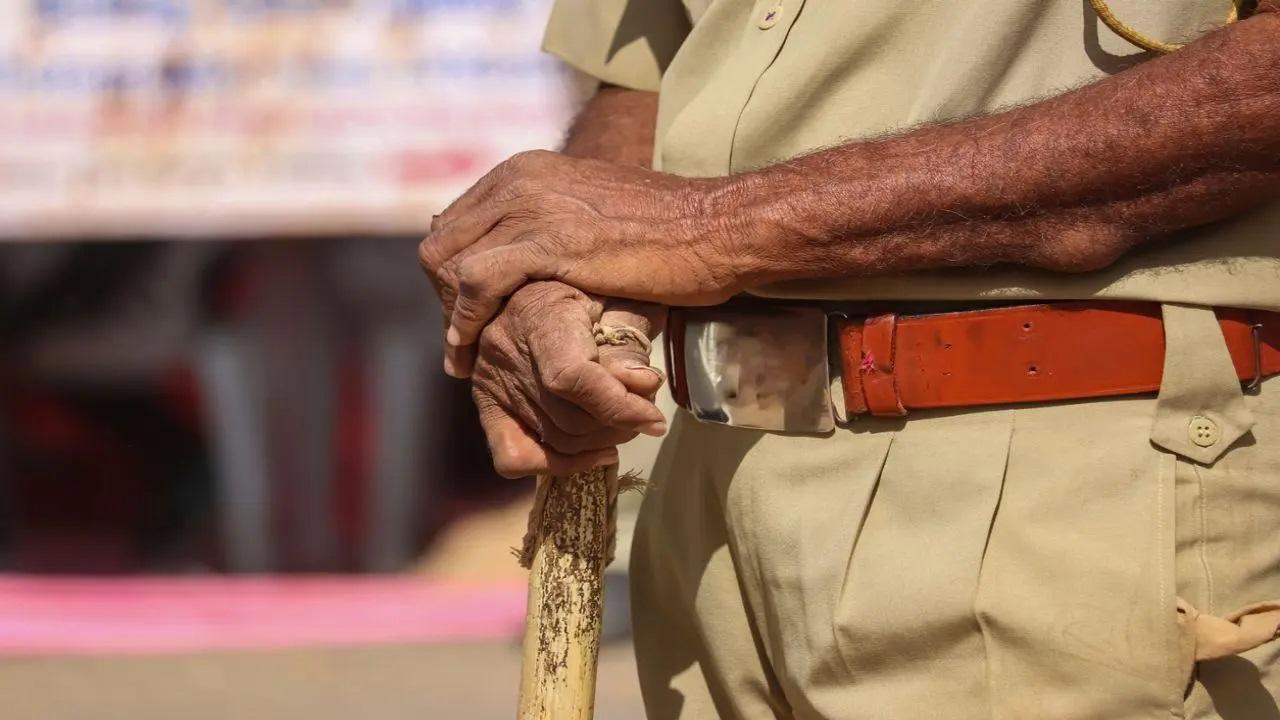The Brihanmumbai Municipal Corporation (BMC) has outlined the scale and complexity of the city’s water supply system, which currently provides 4,000 million litres of water per day to residents through a three-tier distribution network spanning nearly 5,000 km, a statement issued by the civic body said.
Mumbai’s water comes from seven major sources located 100 to 175 km from the city: Vehar, Tulsi, Tansa, Modak Sagar (Vaitarna), Upper Vaitarna, Middle Vaitarna, and Bhatsa. Together, these reservoirs contribute to the city’s massive daily water supply.
The water from these rovers is conveyed through large underground tunnels and pipelines to treatment plants at Panjrapur, Bhandup Complex, Vihar, and Tulsi.
The water gets transported through coagulation, flocculation, sand filtration, and chlorination. BMC also highlighted that the water is purified to standards set by the World Health Organization (WHO) and IS 10500:2012.
Moreover, the average turbidity remains below 0.3 NTU, with residual chlorine levels of 0.2 PPM at the consumer end.
Once treated, the water is stored at Master Balancing Reservoirs in Bhandup and Yewai in Thane district, then distributed to 27 service reservoirs across the city.
From there, feeder pipelines deliver water through nearly 3.6 lakh connections. The system is monitored round the clock by nearly 1,150 engineers and 8,950 workers, with around 1,000 valves operated daily to ensure uninterrupted supply.
The BMC also highlighted the ongoing upgrade including the replacement of old pipelines, repairing leakages, and expanding supply lines to new areas to maintain reliability.
The work of conveying water from the main water sources outside the city to the water treatment plants is done by gravity through 2,235 mm (millimetre) to 3,000-mm diameter water channels and 5,500-mm diameter concrete underground water tunnels. Fifty per cent of the water is brought to the water treatment plants through the lifting system.
As the purified water has to be transported over a long distance, chlorine is used for disinfection.
Once purified, the water is supplied supplied through a 450-km-long transmission network and is operational 24 hours a day.
This avoids the possibility of contamination of drinking water with groundwater/sewage. Mumbai is currently supplied with 4,000 million litres of water per day.
Due to proper purification facilities, water purification has now been achieved as per the standards certified by WHO and IS – 10500: 2012. The turbidity of the purified water is 0.3 NTU or less throughout the year and the residual chlorine content at the consumer`s place is 0.2 PPM, BMC said in its statement.
With Mumbai’s population expected to reach 17.2 million by 2041 and the daily demand rising to 6,535 million litres, new projects are being developed. These include the Gargai (440 MLD), Pinjal (865 MLD), and Damanganga-Pinjal River Link (1,586 MLD) projects, which will add 2,891 MLD to the city’s water stock once operational.











